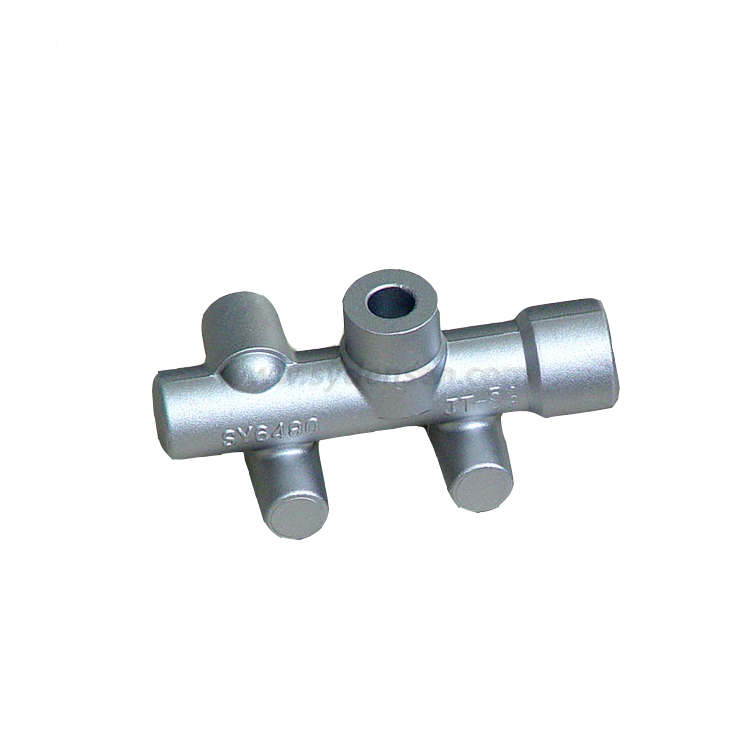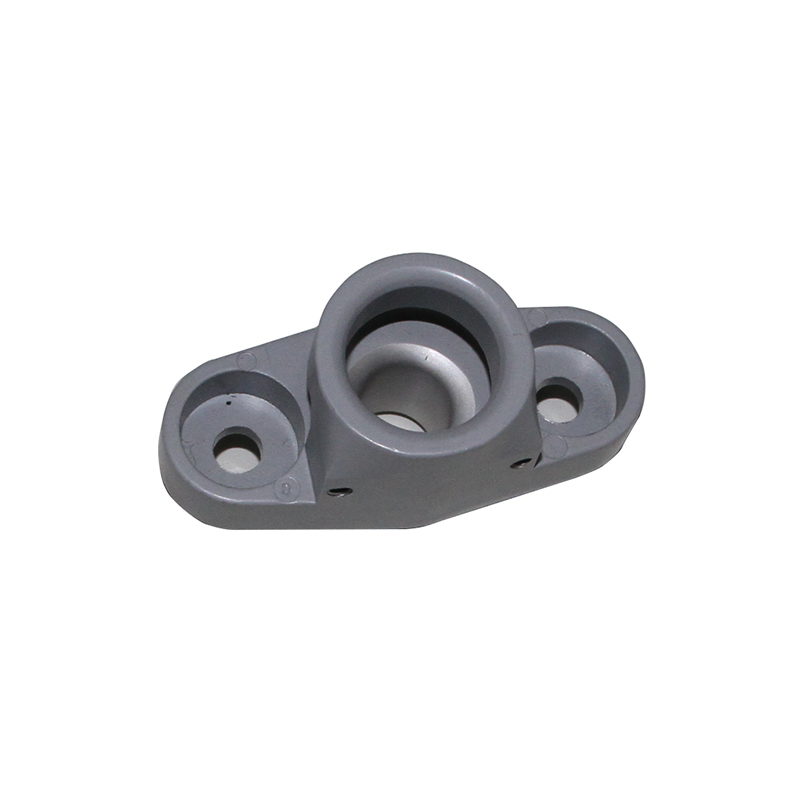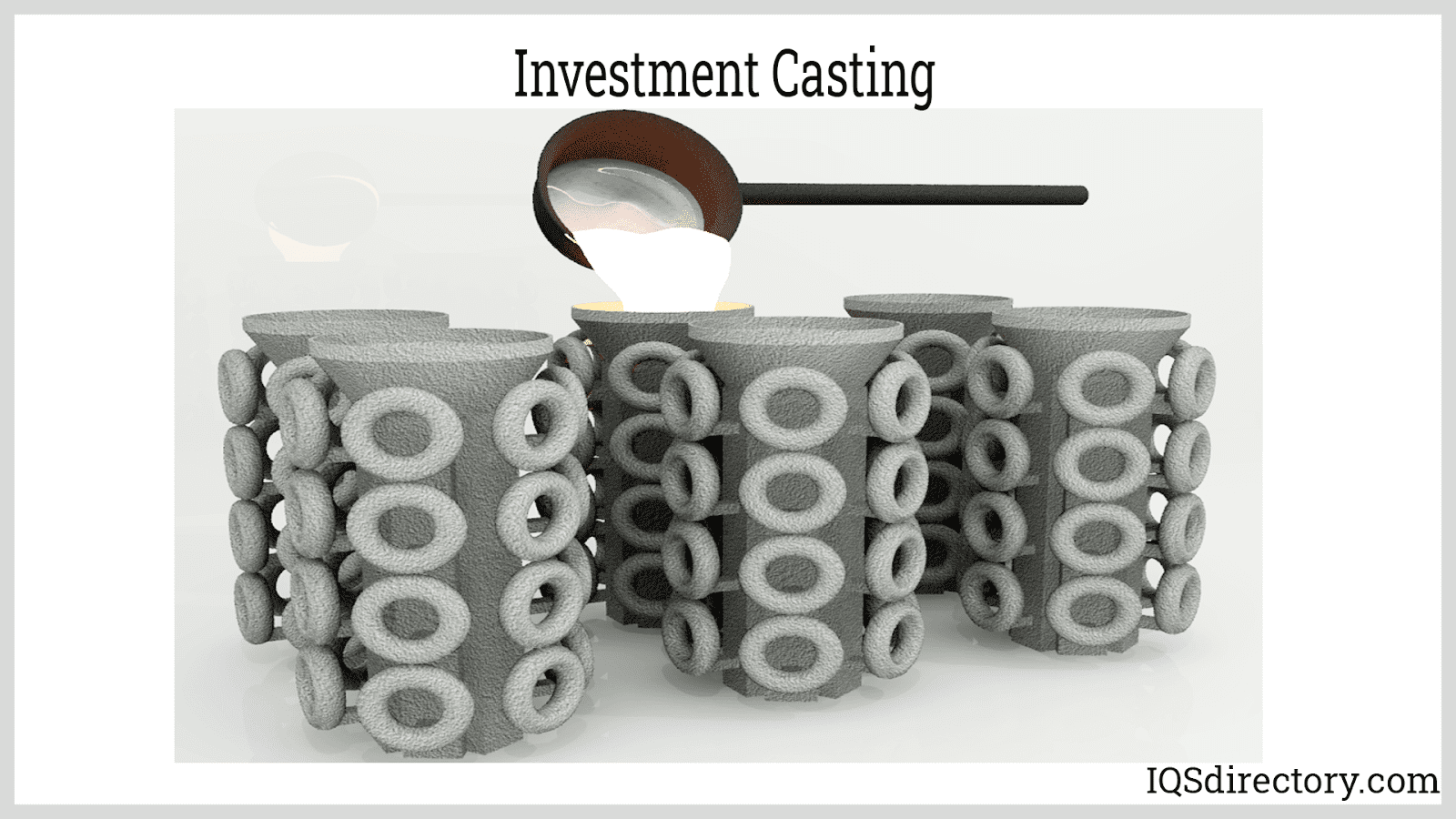A Comprehensive Overview to Selecting the Right Factory Services for Your Task Needs
Picking the ideal factory solutions is important for the success of any kind of project. Each spreading technique-- sand casting, investment spreading, and pass away casting-- has distinct advantages. Recognizing these choices helps in making notified decisions. Product selection, production capabilities, and quality control are vital aspects to take into consideration. In addition, assessing expenses can affect lasting feasibility. aluminum casting. What variables should assist this decision-making procedure?
Understanding the Different Sorts Of Shop Solutions
While the globe of foundry solutions might seem complex in the beginning glance, comprehending the numerous types can substantially streamline the manufacturing procedure. Factories normally concentrate on casting steels, and the main kinds consist of sand casting, financial investment spreading, die casting, and centrifugal spreading.
Sand spreading involves producing mold and mildews from sand and is excellent for big components or low-volume production. Investment casting, on the various other hand, offers high accuracy for complex styles, making it ideal for aerospace or medical applications. Die spreading, characterized forcibly liquified steel right into mold and mildews under high pressure, is efficient for mass production of smaller sized parts.
Centrifugal casting uses rotational force to distribute molten steel, generating solid, round components. Each solution kind has distinctive benefits and is selected based upon certain project demands. Comprehending these differences allows manufacturers to select the most suitable foundry solution, inevitably boosting performance and item high quality.
Secret Elements to Take Into Consideration in Material Selection
Selecting the appropriate product for factory services is an important step that affects the general success of a job. Trick consider material option consist of mechanical residential or commercial properties, thermal resistance, and deterioration resistance - Aluminum Foundry. Comprehending the designated application and its demands is essential; materials should hold up against operational stress and anxieties while maintaining stability over time
An additional crucial factor to consider is the material's compatibility with the picked manufacturing procedure, as some materials are better suited for certain techniques. Cost-effectiveness also plays a significant duty, as budget restraints can limit alternatives.

Lastly, accessibility and lead times of materials can affect task timelines, making it necessary for project managers to assess these elements completely. By very carefully reviewing these components, one can assure an extra successful and effective factory service experience.
Analyzing Production Capacities and Technologies
How efficiently a foundry can meet project specifications depends upon its manufacturing capacities and modern technologies. An extensive evaluation of these elements is vital for project success. Manufacturing abilities include the factory's capability to take care of differing task dimensions, complexities, and timelines. Comprehending the foundry's equipment and machinery is necessary, as modern technologies such as computer numerical control (CNC) machining and advanced my company mold-making techniques can significantly enhance accuracy and efficiency.
In addition, the foundry's use cutting-edge materials and procedures, such as 3D printing or shed foam casting, can supply benefits relating to design versatility and cost-effectiveness. It is likewise essential to assess the shop's ability to scale production, ensuring that they can accommodate future increases in need without endangering high quality. By carefully assessing these elements, task managers can make enlightened decisions regarding which shop is ideal matched to fulfill their specific manufacturing demands and technological expectations.
Relevance of Quality Control in Metal Casting
Quality control stands as a critical pillar in the steel casting sector, guaranteeing that every element fulfills stringent specifications and criteria. This process entails systematic tracking and evaluation of each stage of production, from preliminary layout to final inspection. Executing strenuous top quality assurance procedures improves the integrity and performance of cast components, minimizing the chance of defects that can compromise structural stability.
Efficient high quality assurance promotes count on between clients and shops, as adherence to high criteria indicates dedication to quality. It likewise lessens costly rework and delays, streamlining manufacturing procedures. By recognizing prospective problems early, quality control not only safeguards the end product yet additionally adds to constant improvement within the shop's operations. Eventually, prioritizing quality guarantee in steel spreading is vital for attaining consumer satisfaction and maintaining an one-upmanship in the sector.
Evaluating Cost-Effectiveness and Budget Plan Constraints
While going across the complexities of foundry services, evaluating cost-effectiveness and spending plan restrictions emerges as an essential variable for services. Understanding the complete expense of possession involves even more than just the first cost; it requires an analysis of long-term costs, including materials, labor, and functional efficiencies. Firms ought to ask for thorough quotes that detail all possible expenses, making it possible for a clearer contrast between different factories.
Additionally, businesses resource have to evaluate their certain project demands versus budget restrictions. This consists of assessing the compromises in between lower expenses and possible effect on high quality, preparations, and reliability. It is important to think about whether the selected shop offers scalable remedies that can suit future requirements without substantial economic pressure. By meticulously stabilizing cost aspects with task objectives, companies can make educated decisions that enhance both budget plan and efficiency, making certain successful outcomes for their foundry jobs.
Often Asked Concerns
Exactly How Can I Make Certain Timely Delivery of My Foundry Job?

What Accreditations Should a Foundry Provider Have?
A reliable shop service company ought to have accreditations such as ISO 9001 for quality administration, ISO 14001 for environmental monitoring, and industry-specific accreditations that show compliance with safety and security and performance standards appropriate to the spreading procedure.
Can I See the Shop Prior To Choosing?
Yes, visiting the shop before choosing is frequently suggested. This enables prospective customers to examine the facility, meet the team, and guarantee that the services straighten with their specific project needs and criteria.
What Is the Common Preparation for Custom-made Castings?
The regular preparation for customized spreadings ranges from 4 to twelve weeks, depending on the complexity browse around here of the style, material specifications, and the factory's ability. Prompt communication can commonly expedite the process.
Exactly How Do Shops Handle Style Adjustments During Production?
Shops generally suit layout changes throughout manufacturing by applying versatile procedures. They analyze the impact on prices and timelines, connect with customers, and readjust workflows to guarantee high quality while reducing interruptions to the manufacturing routine.
